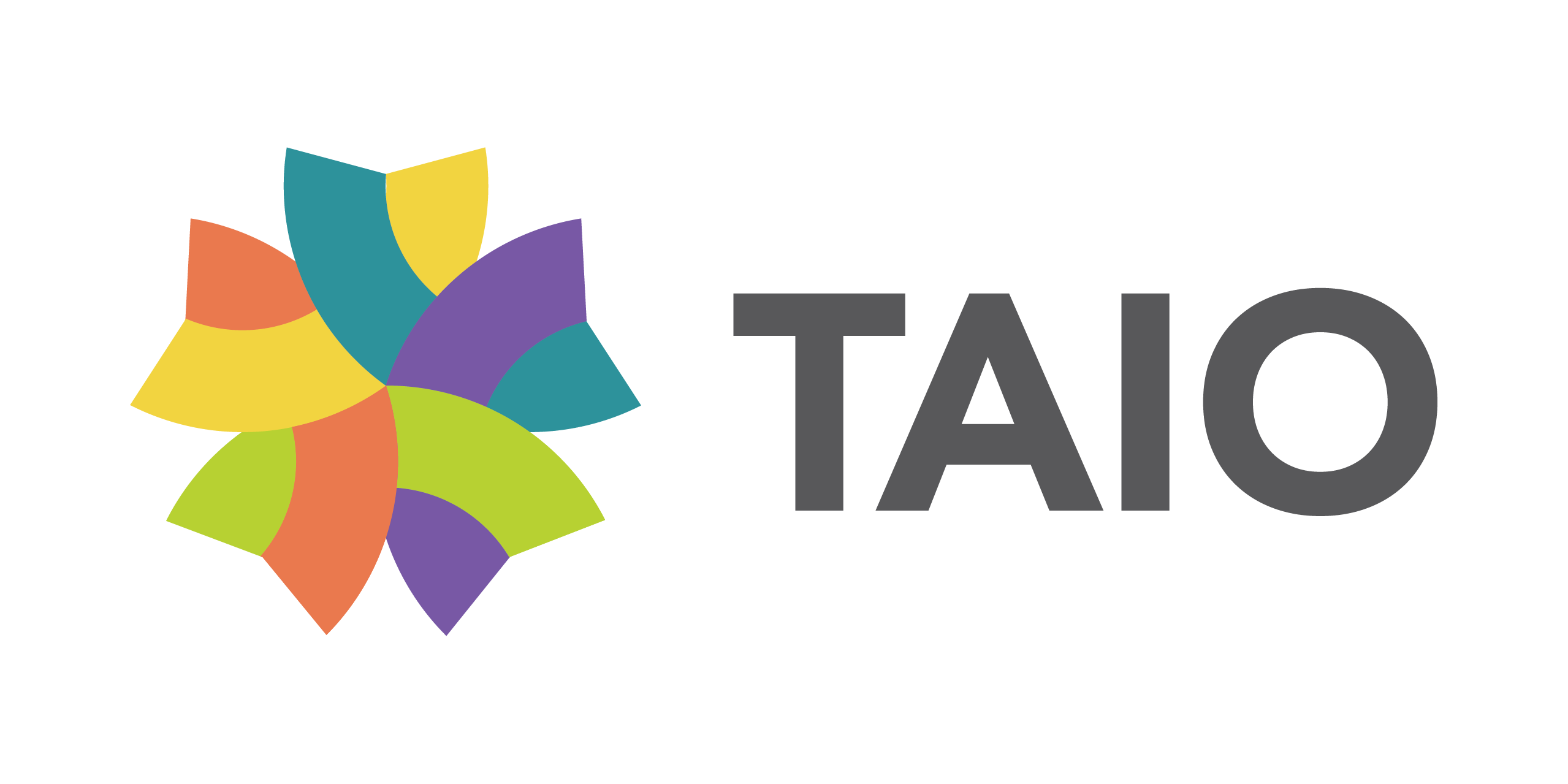Imagine every patient record is accurate, every claim is approved on the first submission and care is delivered without delays.
That’s the impact of a medical quality assurance specialist: ensuring documentation and process reviews reflect specific patients’ needs.
And when outsourced, it lightens your team’s workload, speeds reviews and safeguards continuity of patient care.
On this page
Key Takeaways
A medical quality assurance specialist develops accurate documentation, ensures compliance and keeps your agency focused on patient care.
Weak quality assurance exposes agencies to denials, penalties and delays that threaten both revenue and patient trust.
Outsourcing quality assurance gives you focused, scalable support that strengthens reviews, protects revenue and supports long-term growth.
Medical Quality Assurance Specialist in Home Health Agency: What Do They Do?
Medical quality assurance (QA) specialists are your last line of defense before claims go out. They spot errors early and stop denials before they happen.
This role links documentation, compliance and clinical care.
Key responsibilities include:
Reviewing and validating documentation
Monitoring quality checks
Supporting health care providers
Recommending error-reduction strategies
One mistake, big consequences
A vague note slips through, and an $18,000 claim is frozen overnight. Staff try to correct the problem, knowing every delay affects real patients. Without a medical quality assurance specialist, errors like this can slip through, threatening revenue and the care your patients rely on.
Strong vs. Weak Quality Assurance and How Much It Costs You
See what you gain with strong quality assurance and what it costs you when it’s weak.
Strong Quality Assurance Process |
Weak Quality Assurance Process |
Time and Money Lost |
|
Ensures accurate claims and smooth reimbursement |
Miss errors that reach payers |
$25–$117 to rework a single denied claim |
|
Maintains complete, compliant documentation |
Overlook incomplete or vague notes |
Thousands in lost reimbursement per OASIS error |
|
Simplifies team communication and workflows |
Fail to enforce workflow standards |
|
|
Protects the agency with strict compliance adherence |
Ignore compliance updates and rules |
$2K–$10K per incident of ignoring compliance updates |
|
Boosts efficiency through process improvement |
React only after denials |
Roughly $50K–$70K annual lost revenue |
Strong quality assurance affects your revenue, compliance and patient care.
For agencies stretched thin, outsourcing quality assurance lightens the load, protects revenue and keeps home health services running without disruption.
Now, let’s explore the core responsibilities that make them indispensable.
Quality Assurance in Documentation Review
QA specialists rigorously review medical records to ensure home health services are accurate, complete and compliant. Every overlooked detail risks denied claims, delayed payments and disrupted patient care.
Actionable tip:
Set up a pre-claim QA checklist, assign reviewers and use any spreadsheet, task management tool or electronic health record (EHR) dashboard to track completion and flag missing documentation.
Quality Control and Compliance Oversight
They enforce quality control standards across your home health agency, flagging errors before they become costly, auditing workflows and keeping documentation aligned with federal and payer rules.
What can go wrong:
- Missed errors can trigger claim denials and compliance fines.
- Inconsistent documentation can confuse clinicians, delaying patient care with illness, injury or post-hospital treatments.
- Failure to monitor equipment or software updates may compromise quality requirements and patient safety.
Failure Testing and Process Improvement
QA specialists test workflows for weak points, then run failure testing to uncover risks.
They implement improvements that boost efficiency, reduce errors and strengthen care delivery.
Tools you can use:
- Qlik Sense or Tableau for statistical process control software for tracking patient metrics, spotting anomalies in documentation and visualizing trends over time.
- Kareo or Alora for workflow management platforms to monitor specific tasks, update care plans and track clinician activities.
- ClearCare or MatrixCare for digital dashboards that allow QA teams to monitor team performance, patient outcomes and equipment usage in real-time.
- Microsoft Power Automate for automating recurring QA checks, flagging incomplete records and integrating with EMR/EHR systems.
Collaboration Across Home Health Agencies and Care Teams
QA specialists collaborate with clinicians, coders and administrators, clarifying documentation, resolving inconsistencies and ensuring patient care flows smoothly across home health agencies.
They take a comprehensive approach, ensuring that specific tasks, from updating a doctor’s care plan to recording illness, injury or hospital visits, meet strict quality requirements.
Pro tip:
Implement shared dashboards so any updates to care plans, equipment usage or patient notes are instantly visible to all stakeholders. This reduces duplication, prevents errors and keeps your customers and patients safe and satisfied.
What to Look for in a Medical Quality Assurance Specialist
Hiring the right QA specialist keeps your agency organized, documentation accurate and skilled care on track. They should support QA systems, refine programs and catch errors with practical methods.
Key factors to evaluate:
Criteria |
Minimum Requirements |
What to Look For |
|
Education and Credentials |
High school diploma or associate degree |
Knowledge of QA guidelines and systems; certifications a plus |
|
Home Health Experience |
1–2 years in QA or admin support |
Experienced in auditing records and supporting QA programs |
|
Authorization and Coding Efficiency |
Basic review skills |
Spot defective documentation and suggest process improvements |
|
Communication and Collaboration |
Clear verbal and written skills |
Coordinates across teams and clarifies documentation |
|
Problem-Solving and Process Improvement |
Follows procedures |
Refines QA systems, applies methods and tracks productivity |
Expert tip:
Test candidates with sample records containing deliberate errors. The ones who spot every mistake, propose smart fixes and suggest ways to strengthen your QA system are the ones to hire.
Medical Quality Assurance Cost: Rates, Outsourcing Options and the Right Setup
The cost of hiring one depends on experience, business model and location. Choosing the right setup helps your organization achieve efficiency, maintain high-quality service and implement systems that protect revenue.
Below, we’ll explore the factors that affect their rates, the different hiring options available and how choosing the right setup can get you the right efficiency and accuracy for your agency.
What Drives Medical Quality Assurance Specialist Rates in the Health Care Industry?
Several factors influence the rates for QA specialists:
- Experience and expertise
Specialists with strong backgrounds in payer guidelines, documentation forms and compliance systems command higher rates. Those who’ve worked across multiple companies or developed QA programs bring extra value. - Technical skills
Proficiency with electronic health record (EHR) technology, QA software and survey tools allows specialists to catch errors faster, improve productivity and support smooth implementation. - Certifications and training
Certified professionals, such as those holding the Certified Professional in Healthcare Quality (CPHQ) credential, may have higher hourly rates, but they bring added assurance in compliance and documentation accuracy. - Location and hiring model
U.S.-based QA specialists earn $30 to $45 per hour, with higher rates for specialists handling complex documentation and compliance oversight. In global outsourcing, certified QA professionals are available at more cost-effective rates, usually $10 to $20 per hour, depending on the complexity, systems used and coverage needs. - Scope of work
Reviewing basic care plans and forms is less expensive, while complex programs involving multiple systems, surveys and documentation processes demand higher pay.
Outsourcing Options: Freelancer vs. Agency for Health Care Providers
When patient records grow in volume or compliance checks get more demanding, in-house teams can quickly hit capacity. That’s when outsourcing QA can be a smart option.
Whether you turn to a freelancer or an agency depends on the level of oversight, technology and long-term reliability your QA process requires.
Here’s a side-by-side comparison table that you can refer to:
Criteria | Freelancer | Outsourcing Agency |
Cost and ROI | Lower upfront cost.
Example: Hire one freelancer for short-term chart reviews. | Higher upfront cost but stronger long-term ROI.
Example: Agencies prevent denials across hundreds of claims. |
Oversight | You manage deadlines and fix errors.
Example: If a freelancer misses a compliance issue, you catch it. | The agency supervises QA teams.
Example: Dedicated auditors flag errors before submission. |
Scalability | Limited capacity.
Example: If the volume doubles, then you need another freelancer. | Built to scale quickly.
Example: Agencies add reviewers during survey prep or high census months. |
Technology | Basic access only.
Example: Uses EHR login to review forms. | Advanced tools and dashboards.
Example: Agencies provide denial reports, turnaround stats and compliance alerts. |
Best For | Small agencies with light QA needs.
Example: 30–40 charts weekly. | Larger providers with heavy documentation loads.
Example: Multi-location agencies reviewing 500+ charts monthly. |
The Best Hiring Option for Medical Quality Assurance Services
Freelancers can be a good fit if you want flexibility, but the quality of outcomes often depends on your ability to provide close oversight and the individual’s consistency.
Agencies, meanwhile, bring more than manpower; they bring process. With established teams, structured workflows and compliance safeguards, agencies can handle high claim volumes and deliver reliable and accurate outputs.
Bottom line:
If you’re running a smaller practice and have the capacity to manage QA work closely, a freelancer can meet your needs.
But if your priority is stability, scalability and peace of mind in compliance, agencies are your stronger long-term partner.
Building Stronger Revenue Cycles Through QA Outsourcing
When your company invests in skilled QA outsourcing, you gain a revenue cycle that’s resilient to shifts in volume, regulation and payer demand.
Outsourcing medical quality assurance delivers:
- Faster claim turnaround, helping reimbursements arrive on time and smoothing cash flow.
- Reduced admin burden, so staff can focus on supporting patients instead of paperwork.
- Stronger revenue protection, with fewer errors and denials eating into margins.
- Scalability on demand, ensuring support grows as patient volumes increase.
- Compliance confidence, backed by QA teams fluent in payer rules, EMRs and evolving regulations.
When you treat quality assurance as a strategic partner, your business gains the consistency and credibility to focus on growth and lasting patient trust.
Frequently Asked Questions
The main benefit is expert claim review, which protects your revenue and compliance and frees your doctors and teams to focus on patients.
With specialists managing forms and claims, your staff boosts production, supports skill development and avoids the strain of managing repetitive admin tasks.
Yes. When you invest in trained experts, your business gains consistent accuracy, trusted review and stronger resource management for long-term growth.




